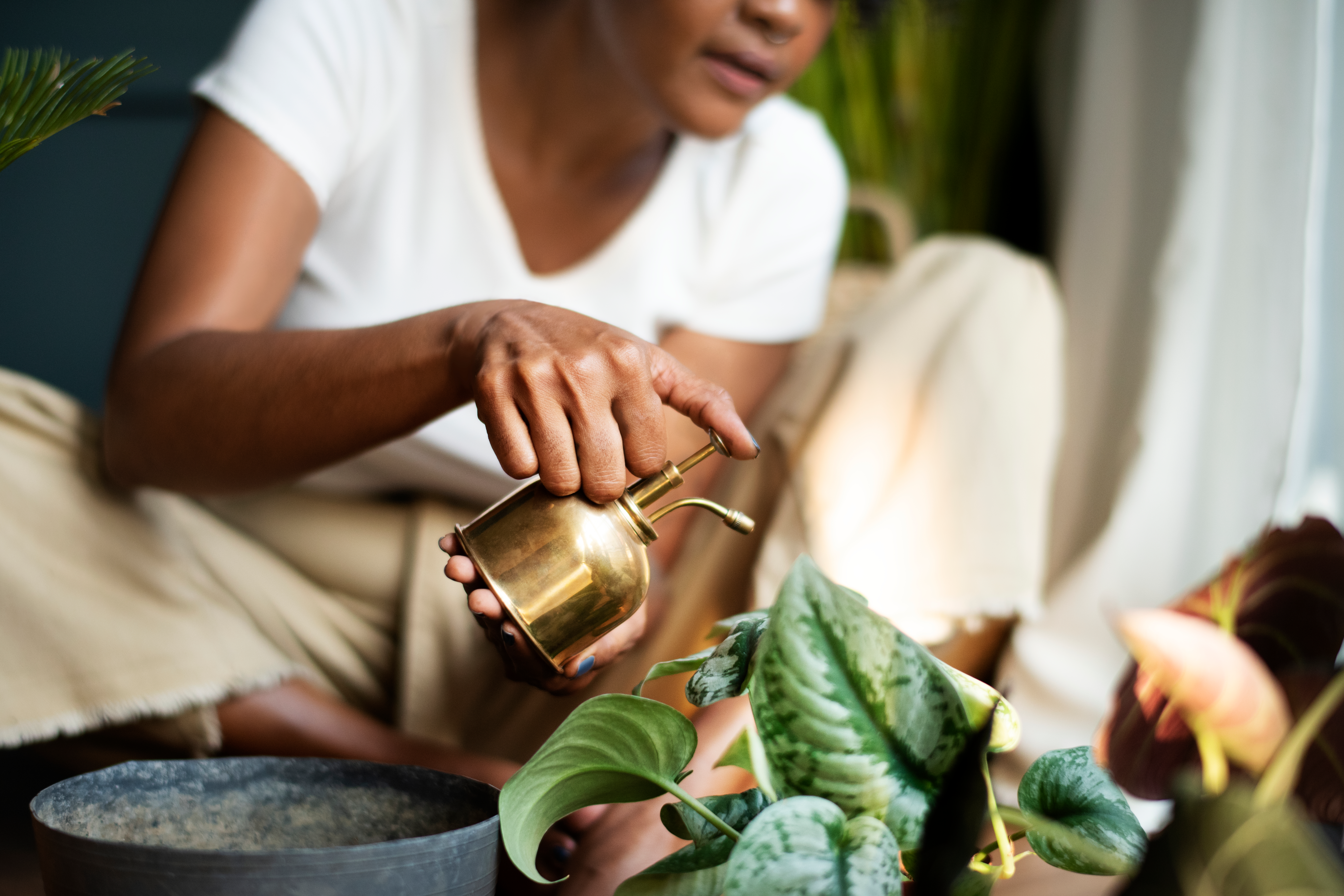Kava is rapidly gaining traction as a natural alternative to alcohol, particularly among those seeking relaxation without the drawbacks of intoxication. But is kava truly a safe and effective option, or does it pose hidden risks? This article explores kava’s benefits, potential dangers, and its rising status in modern wellness culture.

What Is Kava?
Kava, scientifically known as Piper methysticum, is a plant native to the South Pacific. For centuries, Pacific Island communities have consumed kava root as a ceremonial and medicinal drink. Traditionally, kava is ground into powder, mixed with water, and strained before drinking.
Kava contains active compounds called kavalactones, which promote relaxation by interacting with the brain’s GABA receptors. This mechanism allows kava to provide a calming effect without significantly impairing cognitive function, unlike alcohol.
Learn more about kava from the National Center for Complementary and Integrative Health (NCCIH)
The Pop Culture Boom: Why Kava Is Replacing Alcohol
Kava is quickly becoming a favorite among those who want the social and relaxation benefits of alcohol without the negative effects. With the rise of sober-curious movements and alcohol-free socializing, kava bars are opening in cities worldwide, offering an alternative to traditional drinking culture.
Celebrities and influencers are promoting kava as part of a wellness lifestyle, fueling its popularity. Unlike alcohol, kava doesn’t cause hangovers, making it appealing for those seeking relaxation without next-day regret.
Check out how kava bars are growing in popularity

The Potential Benefits of Kava
Advocates highlight several key benefits of kava:
1. Reduces Anxiety and Stress
Studies published in Psychopharmacology indicate that kava significantly reduces anxiety symptoms, making it a natural alternative to pharmaceuticals like benzodiazepines. By increasing GABA activity, kava helps the nervous system relax, reducing restlessness and tension.
Read the study on kava’s effects on anxiety
2. Enhances Sleep Quality
Many people use kava as a sleep aid, as it promotes deeper rest without causing grogginess. Since insomnia is often linked to stress and anxiety, kava’s calming effects can naturally promote better sleep.
Harvard Health discusses kava’s sleep benefits
3. Alcohol Alternative for Socializing
Kava provides relaxation without impairing judgment, leading many to embrace it as a substitute for alcohol at social gatherings. It allows users to remain clear-headed while enjoying the sensation of calm and euphoria.
4. Natural Muscle Relaxant
Some users find kava effective for relieving muscle tension, headaches, and menstrual cramps. By relaxing muscles without sedating the mind, kava can be an excellent post-workout recovery tool.
5. Potential Cognitive Benefits
Preliminary research suggests that kava may support cognitive function and mood regulation. Some studies indicate that kava might improve mental clarity and focus, unlike alcohol, which impairs cognition.
The Risks and Concerns of Kava
Despite its benefits, kava is not risk-free. Here are some concerns:
1. Potential Liver Damage
Reports have linked kava to liver toxicity, with some cases of severe liver damage. However, research suggests that liver risks may be linked to low-quality products using non-root plant parts. Choosing high-quality, root-only kava is crucial.
WHO report on kava and liver toxicity
2. Sedative Effects
While kava does not impair cognitive function as severely as alcohol, it can cause drowsiness, affecting coordination and reflexes. Driving or operating machinery after consuming kava is not recommended.
3. Possible Dependency
Though not physically addictive, some users develop a psychological reliance on kava for relaxation or stress management. It’s essential to use kava responsibly to avoid dependency.
4. Digestive Issues and Skin Reactions
Long-term heavy kava use can cause nausea and a skin condition called kava dermopathy, leading to rough, scaly skin. Pacific Islanders who consume large amounts of kava regularly report these side effects.
More about kava side effects from the Mayo Clinic
5. Interaction with Medications
Kava can interact with certain medications, including antidepressants, sedatives, and anti-anxiety drugs. Always consult a healthcare provider before using kava if you take prescription medications.
How to Use Kava Safely
To enjoy kava without unnecessary risks, follow these guidelines:
- Choose high-quality kava: Look for root-only kava from reputable suppliers.
- Moderation is key: Limit consumption to a few times a week.
- Monitor liver health: If you have liver conditions or take medications that affect the liver, consult your doctor.
- Avoid mixing with alcohol or sedatives: Combining substances can amplify negative effects.
- Drink plenty of water: Kava can be dehydrating, so staying hydrated is essential.
The Future of Kava in Wellness Culture
With the rising interest in holistic health and sober-friendly social options, kava is likely to continue growing in popularity. More research is being conducted on its long-term effects, and regulatory changes may further influence kava’s accessibility.
Kava’s increasing presence in Western wellness markets has led to an expansion of kava-based products, including ready-to-drink kava beverages and supplements. This accessibility makes it easier than ever for consumers to try kava in a convenient format.
Conclusion: Is Kava a Good Alternative to Alcohol?
Kava’s rise in popularity is part of a broader shift toward mindful, health-conscious living. As a natural alternative to alcohol, it offers relaxation and social benefits with fewer negative consequences. However, concerns about liver health and dependency mean that responsible use is essential.
If you’re curious about kava, start with high-quality sources and moderate intake. As kava continues to gain momentum in wellness culture, it may very well become the go-to drink for stress relief and social bonding. Try Calming Co.
For further reading on kava’s effects and safety, visit National Institute on Drug Abuse (NIDA) and World Health Organization.






